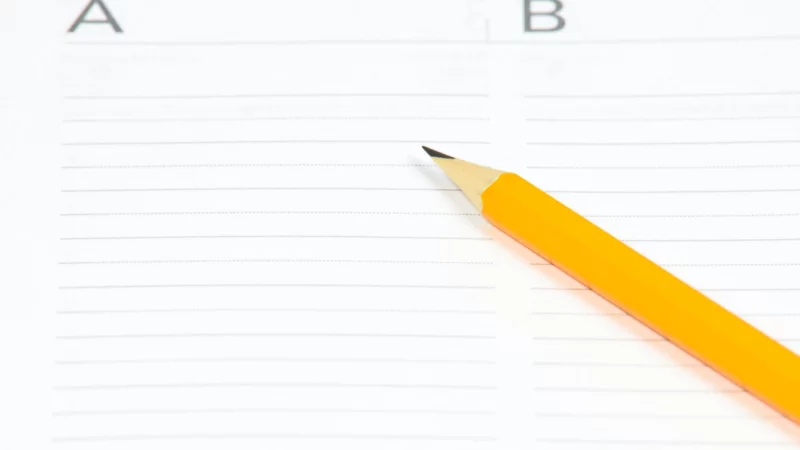
Part of the challenge consists in the need to discuss failures and weaknesses without making them look bad on your b-school application. Blunders occur often here, but addressing the question properly will give you a leg-up in your efforts to get admitted to the programme of your choice.
This part of the application process is also difficult because business school candidates, being professionals and entrepreneurs, are used to presenting both themselves and their businesses in the best possible light. That’s why the weakness/failure question tends to make many of the candidates feel ill at ease.
Talking about your weaknesses honestly without undermining your chances of admission is a strength in itself. Admissions officers are looking for candidates who evince superior self-understanding and who are fully aware of their strengths and weaknesses. Presenting yourself as someone who is self-aware and is able to self-assess will considerably increase your chances of admission.
Your interviews and essays may include some variation of the following questions:
- What are your three greatest strengths and three greatest weaknesses?
- What are your greatest management weaknesses?
- What will the admissions committee perceive to be your greatest weakness as an applicant?
- Tell me about a team experience that was a failure for you.
- Tell me about a time when you failed to persuade someone of your view.
- Describe a significant failure in your life and what you learned from it.
So what is the right way of addressing questions about your strengths, weaknesses, and failures? Here are a few tips.
Face the question head-on
A common mistake is to avoid the question or try to change the subject. This is not going to go down well with the admissions commission. If you do that, you will come off as someone who ducks tough questions.
Another unwise move would be to resort to stock expressions or offer glib answers such as: ‘I demand the highest standards of excellence in work and this is not always in my favour’. Such a response will not work and it may even irritate the person who is interviewing you or reading your essay.
So how do you avoid making those two mistakes? One of the simples and most effective strategies is to be specific - zoom in on a particular weakness and explain what you are doing about it. You can give examples and list the things you do to eliminate your weakness.
Show you have tried to improve
You should demonstrate that you have taken steps to improve and assumed responsibility for your missteps. This means that you should by no means blame others for your failures, be it employers, colleagues, upbringing, ethnicity etc. Even though you are talking about failure, the overall tone has to be positive, and blaming others would inevitably overshadow the picture you are painting of yourself.
Put the emphasis on improvement and the measures you have taken to work on your weakness. Talk about the lessons learned. Every mistake is an opportunity to self-assess and learn, not a reason to despair and point the finger. Showing yourself ready to learn and improve will send a positive signal to the admissions committee which is looking for candidates who will benefit the programme and the other participants.
Good vs bad weaknesses
There are weaknesses that sound authentic. While losing one’s cool during a heated meeting or questioning one’s abilities while steering a challenging project may sound like valid weaknesses, there are responses that may come across as fake or unauthentic. Saying things like “I am too smart,” or, “I am too effective” will inevitably signal to the admissions officers that you are not being sincere. Some weaknesses are just indefensible. Saying that you are lazy, arrogant, or overly aggressive is tantamount to shooting yourself in the foot. You should think about the weaknesses you want to mention but largely try to play it safe.
Prepare
The best way to avoid citing any of the unacceptable weaknesses mentioned above is to prepare. Think about your weaknesses and how to present them in a way that casts you in a positive light. Make a list of weakness/failure responses so you don’t have to come up with answers off the cuff.
Ensure to identify specific skills and competences that you want to improve or acquire in order to achieve your long-term goals. In the best case, you will be able to explain how the MBA programme of your choice will help you hone those skills so you can reach your post-MBA goals. Don’t underestimate the weakness/failure questions.
Check out: Interview Preparation Tips for B-School Admission
50/50 weakness/strength ratio
When asked about weaknesses and strengths, one of the most common mistakes students make is spending too much time talking about strengths and allocating very little time (or space, in essays) for their weaknesses. When asked such questions, students should look for balance; otherwise the answer will come across as incomplete and glossed over.
Questions about weaknesses and failures should not be feared. Instead, one should view them as a chance to present themselves as self-aware, realistic, and a good fit for the particular programme.





Comments